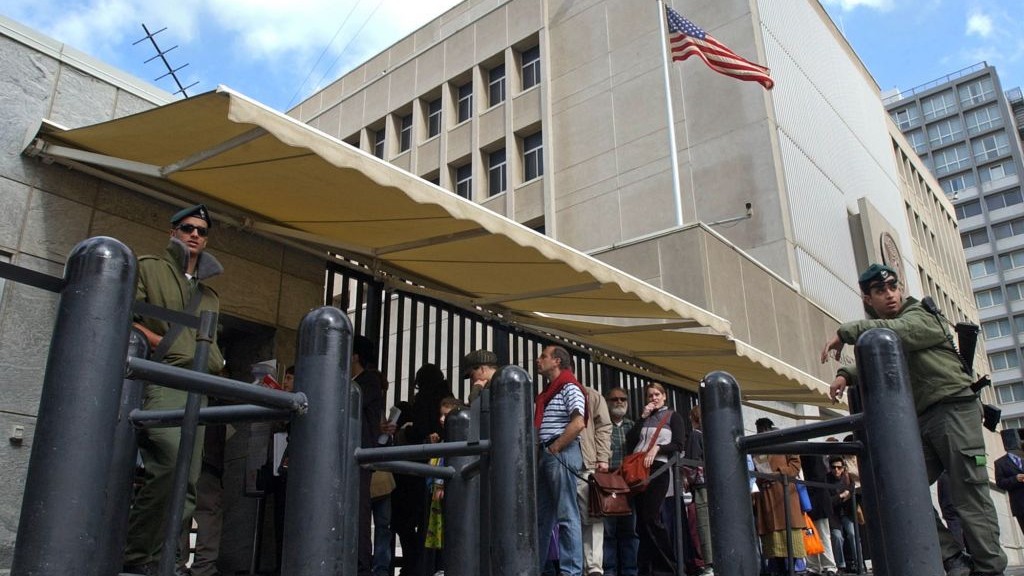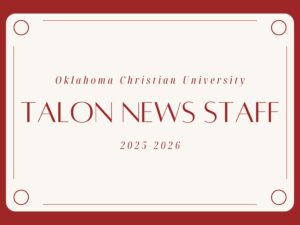President-elect Donald Trump has asserted he believes the United States should move its Israeli embassy from Tel Aviv to the holy city of Jerusalem.
“I think moving the embassy to Jerusalem is an important step toward putting Jerusalem as the capital of Israel,” Trump said. “And that’s part of the peace. If we want any reconciliation between Israelis and Palestinians, we also have to have our rights recognized here in this country. Not just their rights.”
No U.S. administration has ever officially recognized Jerusalem as Israel’s capital, but, on the campaign trail, Trump promised to do so. The state of Israel has declared Jerusalem as its “eternal” capital, but the Palestinians also claim the eastern section of the city, where many Arabs live. Traditionally, other countries have not taken hard stances on the issue.
The crux of the conflict lies in the fact that both Jews and Muslims view Jerusalem as a holy city for their respective religions. To acknowledge the city as the capital of Israel — of the Jewish state — is to effectively take sides.
Should the United States recognize Jerusalem as the capital city of Israel rather than the “international city” is currently is?
Mahmoud Abbas, the president of Palestine, said such an act would be viewed as an “aggressive statement.”
“If he did this, then he would be putting the peace process in a critical situation that he will not get out of, not only in the Middle East but also all over the world,” Abbas said. The government of Jordan echoed this belief.
Aaron David Miller, an adviser to Republican and Democratic presidents, asserts there is no compelling American national interest that would justify the possible risks and downsides to moving the embassy.
“Moving the embassy to Jerusalem risks validating and recognizing Israel’s claim to the city in its entirety and prejudging Palestinian claims — supported by the Arab world — to a capital in the east,” Miller said. “And with the backdrop of Israeli settlement activity in and around Jerusalem in recent years, that’s precisely how such a move would be read.”
Also, there is a real risk that moving the embassy will strip away any hope of solving the conflict through negotiation and likely snuff America’s role as mediator — a role the president-elect has expressed serious interest in filling. There is also the worrisome risk of violence as Palestinians rise to defend their stake in Jerusalem.
At a time when Israeli relations with Egypt and the Gulf states are stronger than ever and a new administration is eager to build an anti-ISIS alliance, injecting the volatile Jerusalem issue into the mix could stop the progress in its tracks.
On the other hand, Jerusalem is Israel’s capital city for all intents and purposes. No other country or civilization has ever had its capital in Jerusalem. Since 1948, it has been functioning as the capital of the state of Israel.
Perhaps keeping the American embassy in Tel Aviv sends a message to our allies: “We won’t acknowledge Israel’s permanence in Jerusalem because maybe one day there will be a new reality.”
An American embassy in Jerusalem would invest the United States in a powerful message: Israel is here to stay. This would be a strong message to send to the Palestinian leadership — the same leadership that ardently denies West Jerusalem is part of Israel and refuses to tell Palestinians they must compromise to achieve independence. The move will signal that acknowledging Israel’s permanence is critical to achieving any future peace, which would benefit the Middle East as a whole, Jews and Muslims alike.
It’s also worth noting that Congress voted with an overwhelming majority in 1995 to move the Israeli embassy to Jerusalem. Besides, the Israeli prime minister, parliament and other major government agencies are in Jerusalem, not Tel Aviv, and it would be logical to station our diplomats close to them.
An astute reader will pick up on my confusion. I have laid out a lengthy list of pros and cons as I wrote this piece, and I honestly don’t have a solid answer. Should we lend unequivocal support to our biggest ally in the Middle East, or should we not risk further destabilizing such a flammable region?
I’ll let my readers form their own opinions on this issue. Read the facts, think on them and, as always, pray for wisdom. While you’re there, pray for wisdom for all of our national leaders. With so many complex matters on the table, they’ll need Godly knowledge to navigate them all.









Be First to Comment